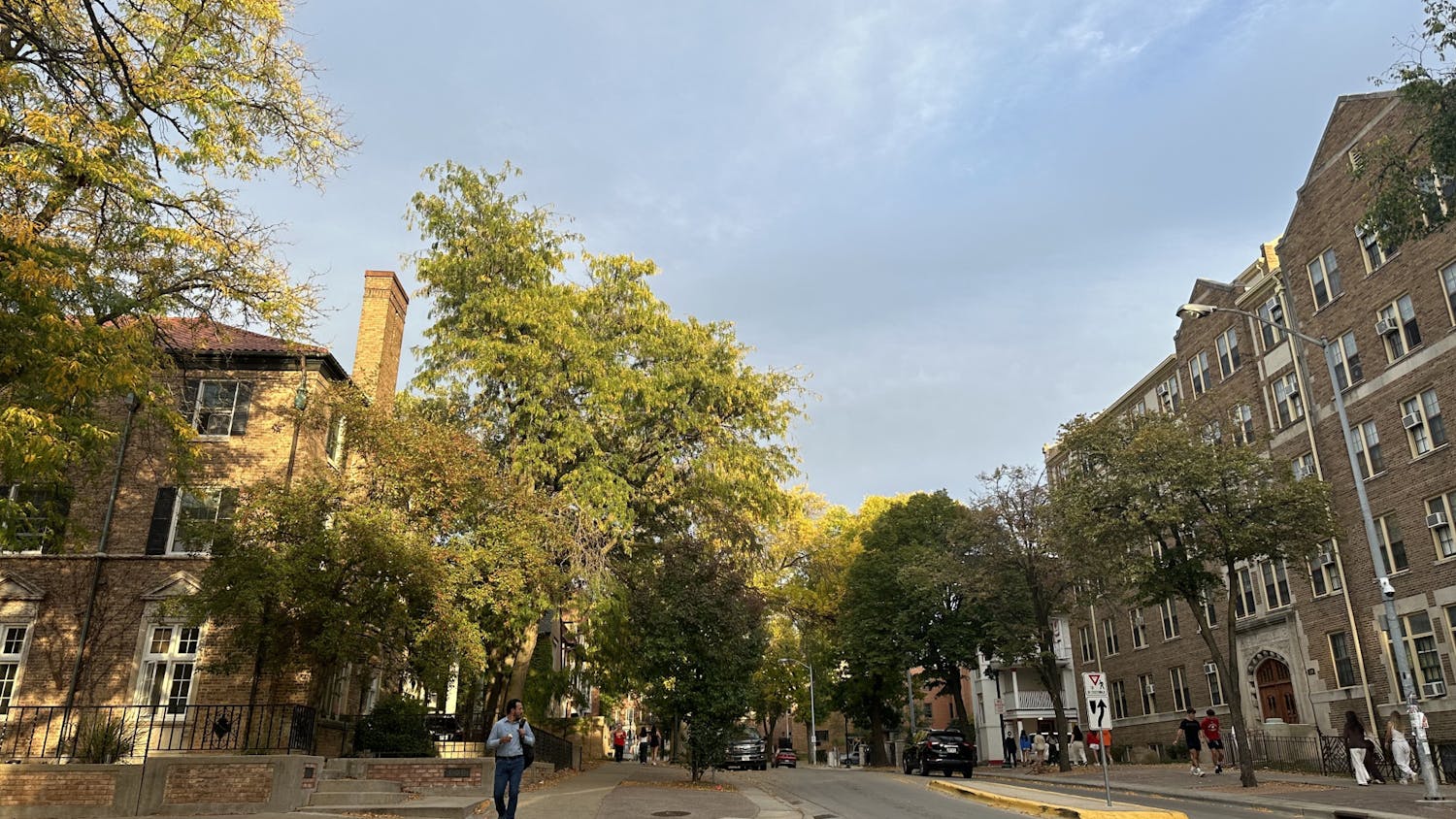The Wisconsin Idea–the UW System’s grounding principle for outreach to the state—will only be put into action when all students have access to affordable education, according to Sara Goldrick-Rab, former UW-Madison sociology professor and author of “Paying the Price.”
In her Tuesday lecture “The Future of Wisconsin Higher Education,” Goldrick-Rab investigated how the state’s student aid policies are falling short of meeting student need and are failing the students who need it most.
“To me, what the Wisconsin Idea has meant in my life is to do better than this,” Goldrick-Rab said. “If we’re going to tell [students] that education matters, then we need to give them a price that will allow them to access it.”
In Wisconsin, FAFSA loans, Pell Grants and Wisconsin Grants seldom make up the difference between the cost of attending college and a family’s expected contribution. Many of the students in Goldrick-Rab’s study found the challenge of maintaining the grades needed to keep their loans while also working to cover the remaining costs of their education too great to remain enrolled in school, and fewer than 50 percent of low-income students graduated with a degree in six years or less.
“The system that we have not only has trouble being effective, it also has trouble being trusted,” Goldrick-Rab said. “This is a system that sets people up to fail.”
While inflation has caused the cost of college to rise since these aid programs were introduced, the loans themselves have barely adjusted, she said. In addition, loans that only address tuition leave students stranded to provide the funding for costs like food and housing. According to Goldrick-Rab, current strategies to address runaway college expenses are ineffective.
“Freezing tuition doesn’t do anything about all these other costs that continue to rise. When you don’t increase the need-based financial aid to the state, it buys less and less every year,” she said. “It is really quite a joke to claim that a tuition freeze makes college affordable.”
Goldrick-Rab has identified key areas that have to be reformed if Wisconsin wants to retain its low-income students and help them be successful as they pursue higher education. Some of these measures include raising the minimum wage and creating a more efficient work study program.
“We need to provide the resources to drive the price down. The resources have to go to the institutions so that they can cover the cost of providing a quality education,” she said. “Maybe what we need to do is fix the system so that things flow in the right direction, so that they follow the need.”
But for Goldrick-Rab, reforming the current aid system alone may not be enough. In order to be sustainable, any improvements must be coupled with statewide reinvestment in the universities.
“You cannot reduce the quality and the resources of the institutions that the students are attending such that it isn’t even worth attending if you make it affordable,” Goldrick-Rab said.





